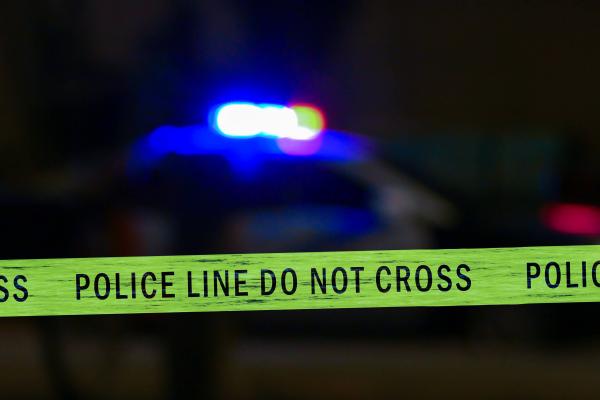Nov 16, 2017
The situation is complex, and there is not one answer. But it is the role of the church to listen to the oppressed. And when we cry out for justice, there should be an immediate response, toward Jason’s family and toward Native American tribes who have suffered for so long in America.
Read the Full Article

Already a subscriber? Login
